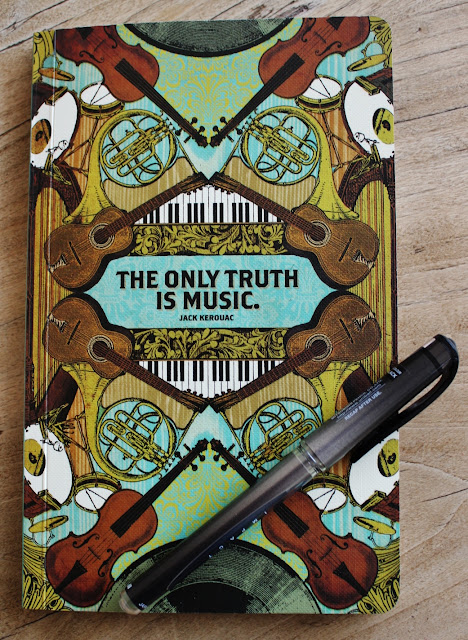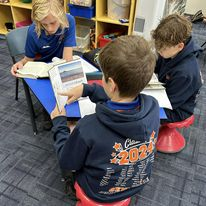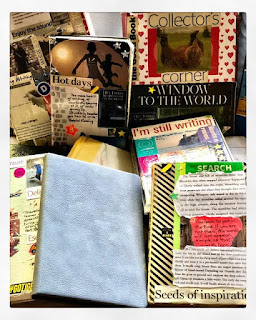The Appeal of Tiny Stories

There is much appeal in short stories. They provide tiny windows into other worlds. It is important to expose student writers to their charm. It serves to add an extra dimension to their writing options. Story 1 On Hold 'I’m standing in a crowded shopping mall waiting to order my lunch from a sandwich bar/deli; the kind where they build your sandwich from an assortment of fillings. My order is taken and I stand back waiting for the sandwich to be completed. A man standing beside me begins to order his lunch from the person serving behind the counter keenly awaiting his order. As he begins to relay his order, his phone rings. He dives into his pocket and extracts his phone of choice and holds up a hand to the woman before uttering ‘Hang on a minute.’ She immediately stops sandwich construction duties, and stands as if in suspended animation for what seems an eternity. Her serving tongs are held like a torch in the air while phone man attends to his phone message. The woman says ...








